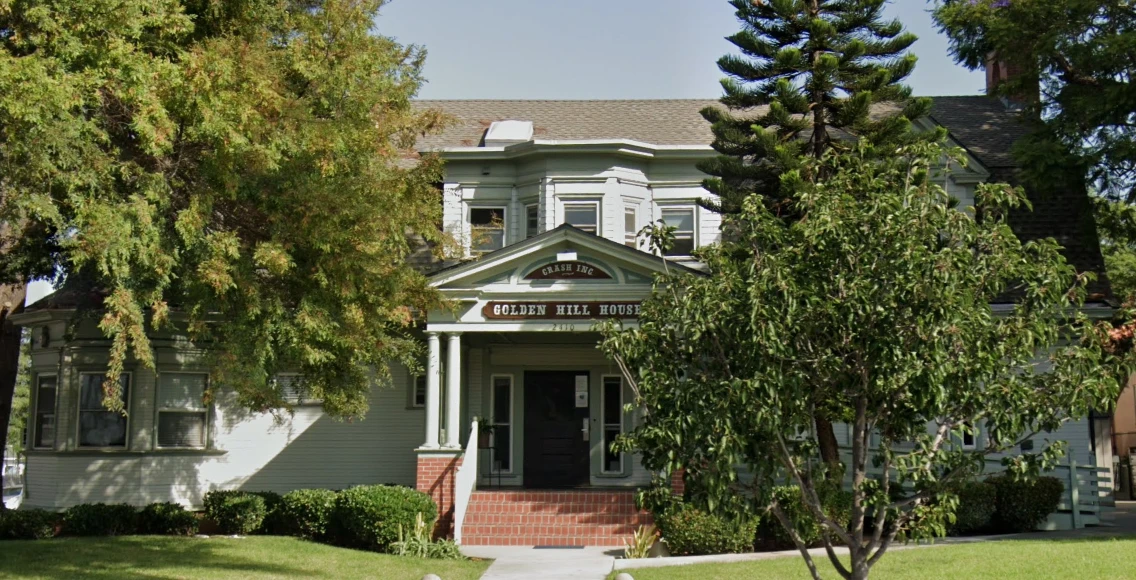CRASH Short Term I Information
Treatment
Who We Treat
- Young Adults (18–25)
- Adults
- Seniors/Older Adults
- Older Adults
- Male and Female
Approaches
- 12-Step-Based
- Twelve Step
- Group Therapy
- Cognitive Behavioral Therapy (CBT)
- Motivational Interviewing
- 1-on-1 Counseling
- Life Skills Training
- Relapse Prevention Counseling
Conditions We Treat
- Anger
Languages
- English
- Spanish
Aftercare
- Employment Counseling
- Continuing Care
- Employment/Vocational Counseling
- Support Meetings
Level of Care
- Residential Rehab
- Aftercare/Continuing Care
Experience
Smoking and Vaping Policy
- Smoking Allowed in Designated Areas
- Vaping Not Allowed
Accreditations
-
SAMHSA certification for opioid treatment program (OTP)
SAMHSA's Opioid Treatment Programs (OTP) Accreditation is a rigorous recognition process, signaling an OTP's commitment to high-quality care for those with opioid use disorders. It assures patients, families, and the community that the program adheres to evidence-based practices, maintains a safe environment, and employs qualified staff. This accreditation represents a commitment to addressing the opioid epidemic and promoting recovery, symbolizing quality and accountability in opioid addiction treatment.
-
State department of health
Government agencies issue State Licenses, which grant rehabilitation organizations permission to conduct their operations lawfully within specific geographic regions. Licenses needed to operate are typically determined by the type of rehabilitation program offered by the facility and its physical location.

Additional Locations
CRASH Short Term I Accepts The Following Insurance Plans
Find the best treatment options. Call our free and confidential helpline today!



